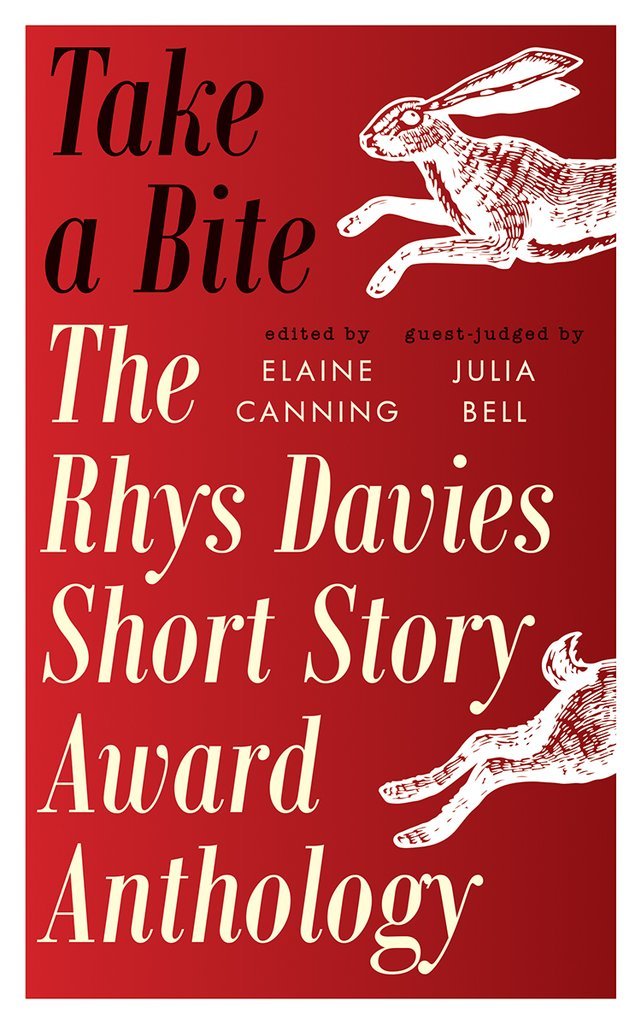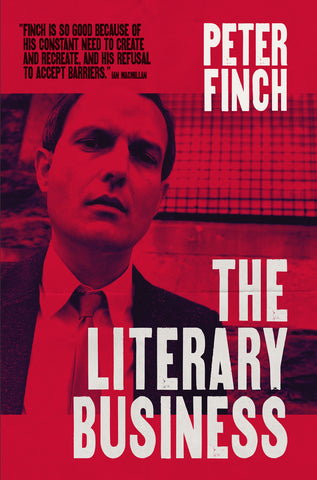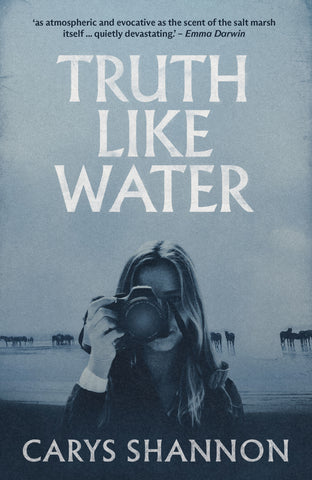We are half-way through our lined-up #authorinsights, and today, for day six, we are presenting an interview with author Joshua Jones. Joshua's short story, 'Half Moon, New Year', was shortlisted for the 2021 Rhys Davies Short Story Award.

Joshua is a queer, autistic writer from Llanelli, who also releases music & poetry under the name Human Head. Having graduated with an MA in Creative Writing at Bath Spa, where he worked on his debut collection of short stories, he is now studying to become a teacher at Cardiff Met.
His shortlisted entry, ‘Half Moon, New Year’, depicts a microcosm of young people’s frustration living in a no-prospect town. Its central character, Danny, is a violent drug user, detached from the atmosphere around him, of people simply trying to wish a good new year into existence.
1. What was the inspiration behind ‘Half Moon New Year’?
After I left Southampton, where I studied for my undergraduate degree, I moved back home to Llanelli. I was unemployed, broke, single, lonely, depressed. I tried reconnecting with some old school friends, which led to me being at the Half Moon pub, just three streets away from my family home, on New Years Eve. I just remember feeling uncomfortable and anxious, talking to people I was in primary and secondary school with but now were practically strangers. I remember the atmosphere feeling as though no one was exactly happy, but it felt like they were glad to be alive at least.
Someone I had known in school and his friends had come to The Half Moon after he had been kicked out of another pub that night. He was heavily intoxicated, belligerent, and hostile. It was incredibly tense, until he slipped on the smoking area decking, taking an entire table of drinks down with him. When he got to his feet, he immediately attempted to start a fight with anyone who looked at him funny. He gave me the character of Danny, but the story became an exploration of small-town inertia and toxic masculinity based on these experiences of anxiety, tension and hostility in what’s supposed to be a celebratory evening.
2. I love how you played with language and a lack of speech marks to show the progressive chorus of voices and intoxication. What inspired this choice? Do you like experimenting with language styles in your writing?
I didn’t consider the language style in this story to be particularly experimental, until people began to comment on it! As an autistic person (and someone who experiences chronic tinnitus) sound, to me, can become overwhelming, and really jumbled together — especially when there’s a lot of people talking at the same time. I wanted the loudness of the environment to be reflected within the text. I remember reading Dubliners by James Joyce for the first time in college, and I loved his use of em dashes to signify speech, instead of speech marks. Joyce was a significant inspiration when writing my short story collection.
3. Was there something you kept in mind as you were writing Danny’s story, in terms of giving him a distinct narrative?
I am repelled — yet fascinated — with toxic masculinity; the kind that is outwardly violent, and self-destructive, and it features in a lot of my work. Maybe drug abuse, antisocial behaviour, and violent crime would go down if towns like Llanelli had better prospects, and traditional education was more community engaged. Until then, drug use and alcoholism figures will continue to be high, as well unemployment and imprisonment rates. While I’m angry (and disturbed/unsettled/fascinated) at the behaviour of people like Danny, I’m angrier at the situation we are in, and that areas such as Llanelli continue to be deprived of funding and opportunity — as each successive government’s economic policies continue to fail former industrial towns, allowing them to slowly decline.
4. Do you have any plans for your writing in the future?
Half Moon, New Year is part of a collection of short stories, all set in Llanelli, titled Local Fires. I’m currently seeking representation for this manuscript, which explores themes of inertia, masculinity, home, and my own identity as a queer, neurodivergent person. I’m also working on two poetry pamphlets, and an art-book, which I aim to self-publish, of visual poetry and collage. The art in this book is made using deconstruction and erasure techniques to explore time, memory, and how these themes can be manipulated and corrupted.
Thank you so much for taking part in this interview, Joshua, it’s so interesting to see how you’ve developed these social and political themes into quality writing.
It sounds like we should anticipate seeing more of Joshua’s writing, his short story collection and poetry pamphlets, in the near future. If you want to keep up to date on his work, his website is www.ermose.com.
If you missed day five of our #DecemberDialogues, where we chatted to Giancarlo Gemin about his short story ‘Cure Time’, it is still available to read here.



